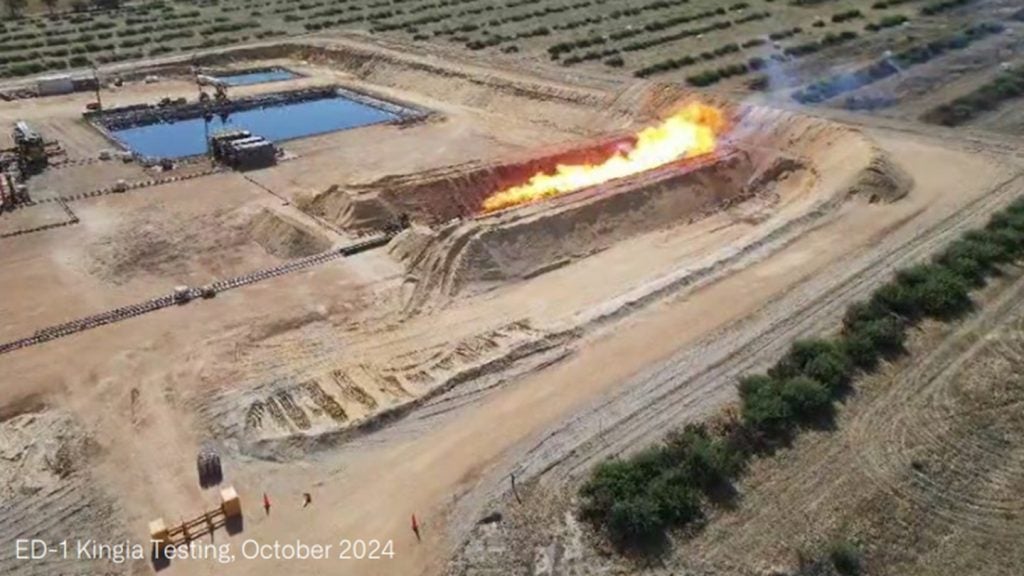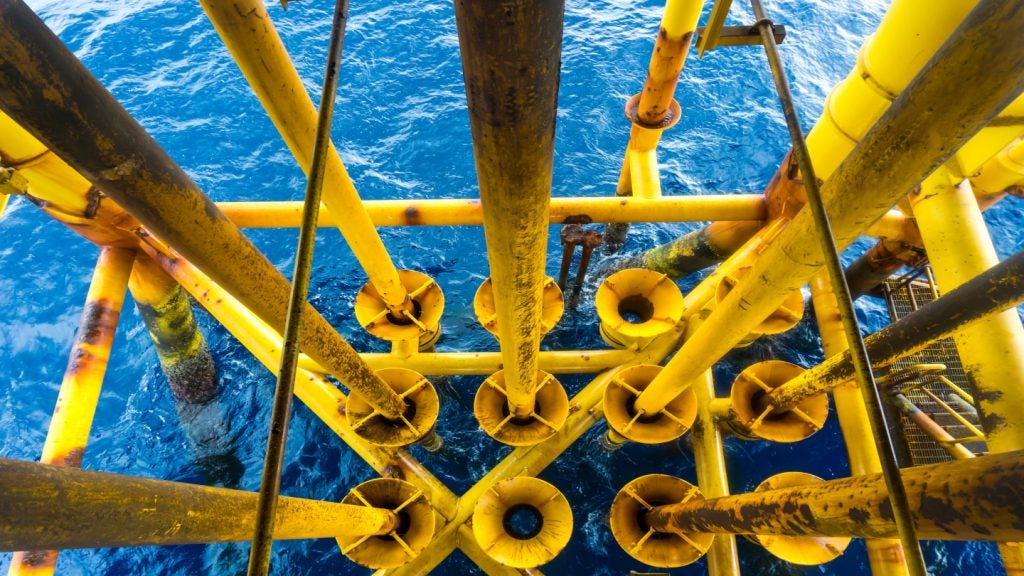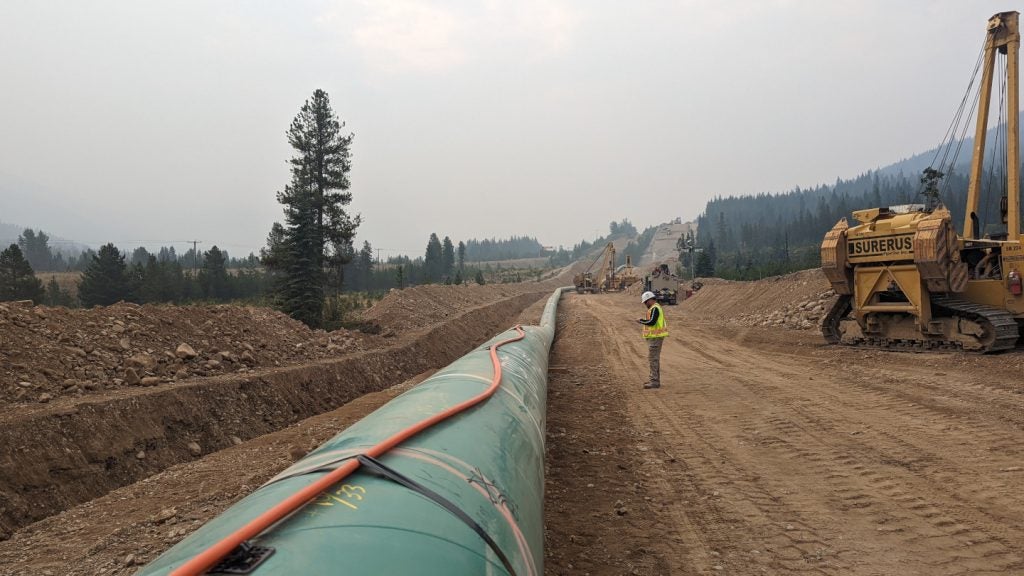
The Government of Russia is weighing a ban on the export of gasoline, reported Reuters, citing government and industry sources.
The decision is aimed at preventing fuel shortages in the country and controlling the surging prices.
From February this year, the EU imposed a ban on Russian refined oil products such as diesel and fuel oil.
However, in the first quarter of 2023, Russian gasoline exports surged by 50% year-on-year.
Following the EU ban, Russia started shipping gasoline directly to African countries such as Nigeria, Tunisia and Libya.
Additionally, according to the sources, the government might increase the mandatory gasoline sales volumes on the commodity exchange.
How well do you really know your competitors?
Access the most comprehensive Company Profiles on the market, powered by GlobalData. Save hours of research. Gain competitive edge.

Thank you!
Your download email will arrive shortly
Not ready to buy yet? Download a free sample
We are confident about the unique quality of our Company Profiles. However, we want you to make the most beneficial decision for your business, so we offer a free sample that you can download by submitting the below form
By GlobalDataRussia’s Energy Ministry did not respond to the news agency’s request for comment.
The development comes after media reports said that the country’s finance ministry could reduce the financial aid offered to oil refineries. The reduction in subsidies is part of Moscow’s efforts to cut costs amid the ongoing war in Ukraine.
Since early April, gasoline prices have been rising in the country.
According to Reuters data, this month saw the highest wholesale price for Ai-92 fuel, the grade that is most frequently used in Russia.
In May, the wholesale price of Ai-95 gasoline, which is of higher quality, soared to a record high of Rbs60,436 ($777.6) a tonne.
According to industry sources, approximately 200,000 tonnes (t) of gasoline were exported from Russia each month in April and May, down from between 600,000 and 700,000t throughout the winter.







